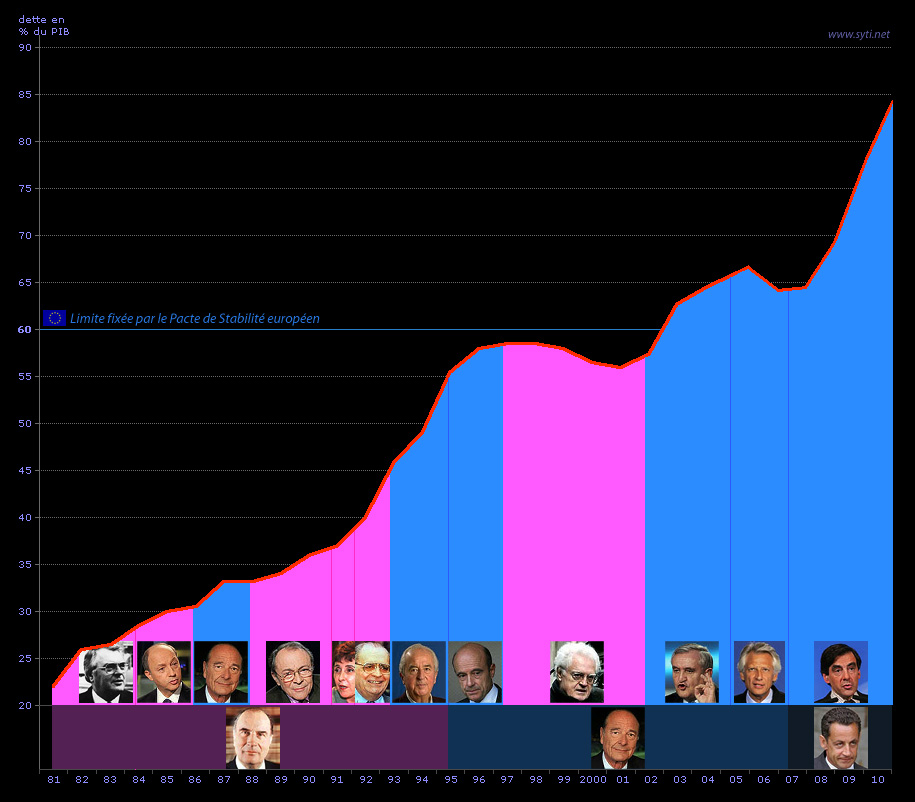1) Times are tough. After every financial crisis throughout the last hundred years, people vote conservative. Because they are scared and less trusting. There is no room to do their duty and help people in worse conditions because they feel that they themselves are on the brink.
2) Europe is adjusting to new economic super powers while the EU fumbles with Greece, Italy and Spain threatening everything.
3) In Scandinavia, the working population that makes the money is around 40% while the remaining 60% (old people, children, sick people, disabled people, people who cant work for other reasons) are living on social systems - school, health, care, institutions that are upkept by the 40%. That is why taxes are so high. It's why buying a car is 4 times more expensive than in the US. It's why we have 20-25% import taxes, and added EU VATs.
But the fear has been for many years that our social systems will crumble under opening the gates for refugees. integrating them and their families is expensive, treating those of them that are psychologically affected with PTSD could bar them for life, making them extremely expensive to maintain.
These fears are not completely unfounded, but right wing parties run on that fear, and like everywhere else, old people are scared. To add to injury, since the recession began cuts always start in the welfare systems. schools and hospitals and elderly care gets the tightest budget cuts. its never related to business, infrastructure, military or new expensive projects, and so people become jaded.
The classic scapegoat that "everything used to be better" casts the blame on immigrants. Young people are seen a crybabies who cant find their bootstraps
All in all, with BRIC affecting everything, Europe is more pressured than before. It has to be this way because we need more equally distributed wealth in the world, but it will take time for europe to acclimatize.
If you look at a country like India, they are not about social welfare at all. Modi won the election by saying that he will do what China did. He will make the country rich, and Indians are thrilled because it means more job opportunities for everybody.
When a country is doing good, when it is rich, you run more on quality of life and human rights. India is trying to escape its poverty so it is willing to suffer to shake itself the ground and get a rising middle-class. They see this as the only way forward. In Europe many countries are afraid that they are going to lose their rights for citizens. Not just with surveillance, but also in relation to corporate rights.
The fact is, the world is going to face an incredible crisis once the automation industry will takes off. It will mark the end of the digital revolution and usher in hundreds of millions of people who will be without a job, because it will be replaced by robots.
I think the biggest fallacy of right wing governments all powerful "companies are what makes a country rich, so allow companies to do almost anything" mentality, is that companies are only good for making jobs as long as the company thinks it serves their own best interest. They will outsource as soon as they have to. They will replace people with robots as soon as it makes sense.
But we're not there yet. But retail is dwindling. And it's going to be a lot more than that soon.
Education and health is going to go more online, class rooms are going to get bigger, elderly homes are going to be more and more like some sort of airport, as we live longer and longer and become more and more elderly.
I don't know if any of this is true. I just /showerthoughts


